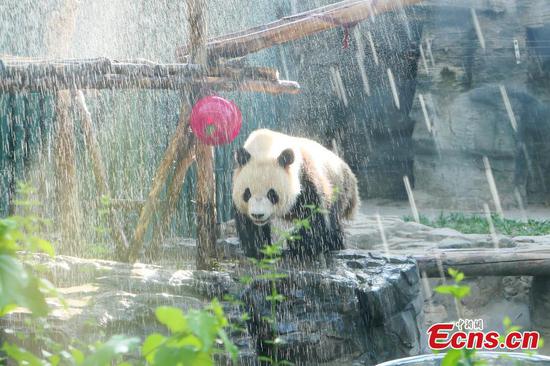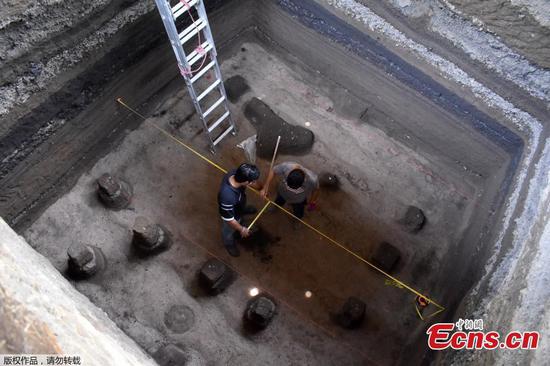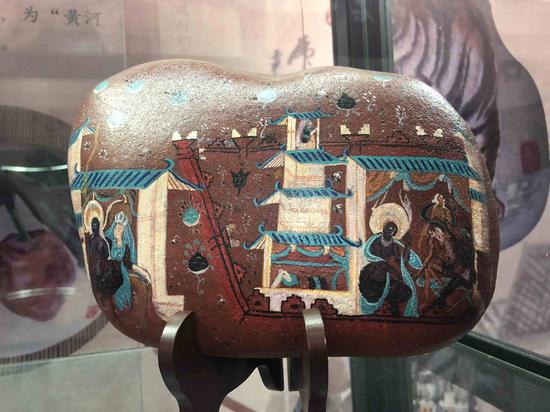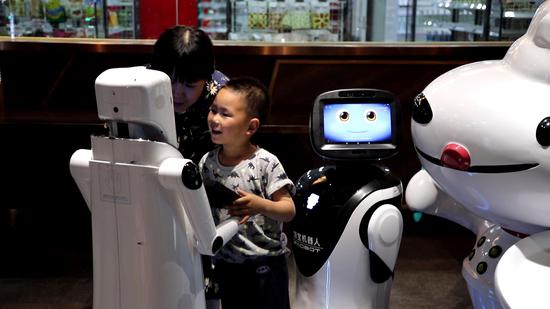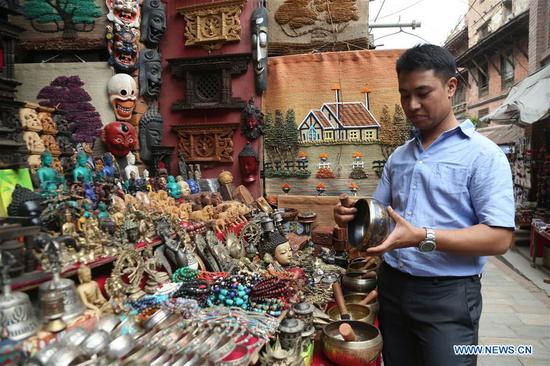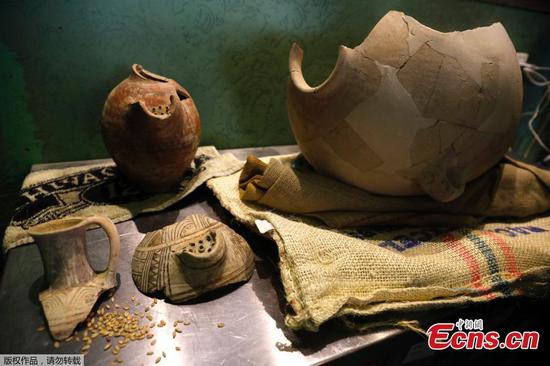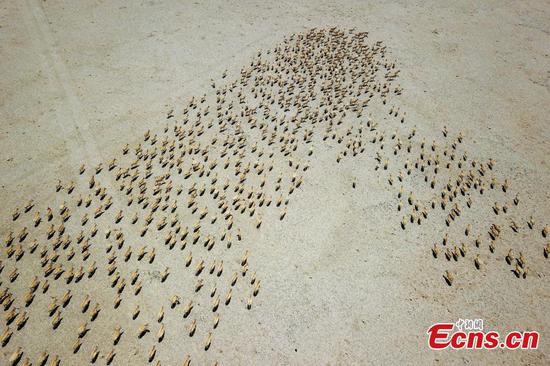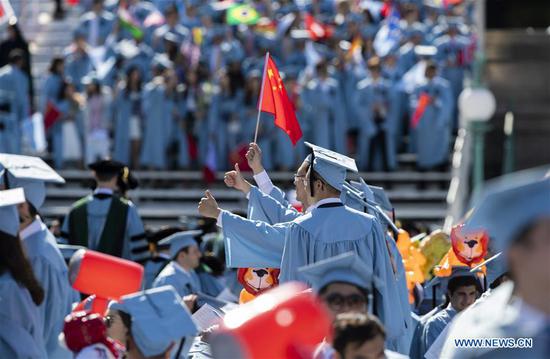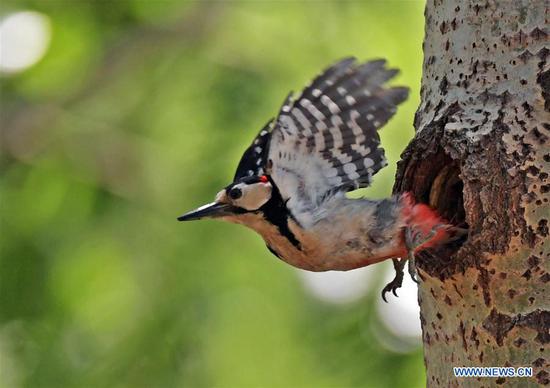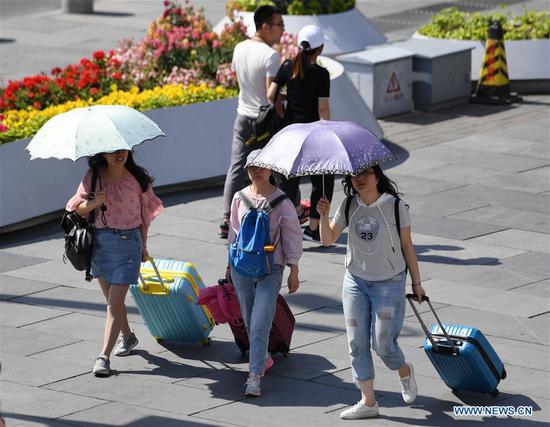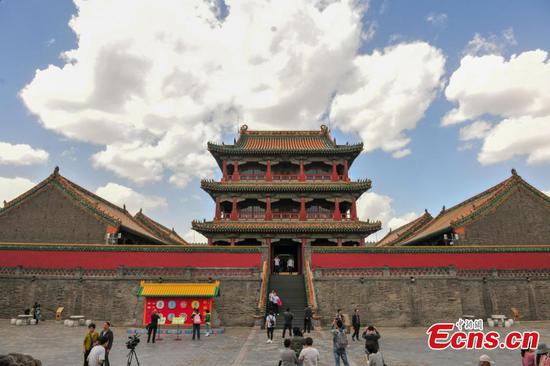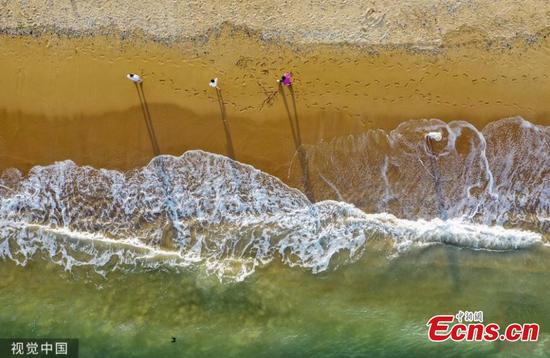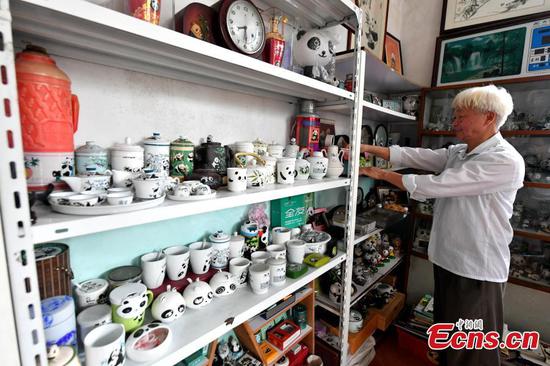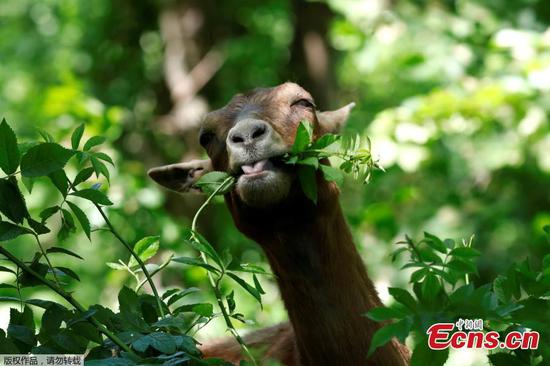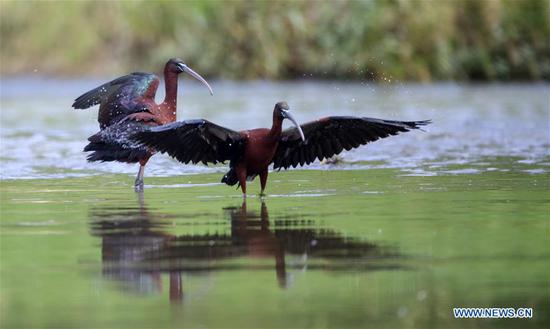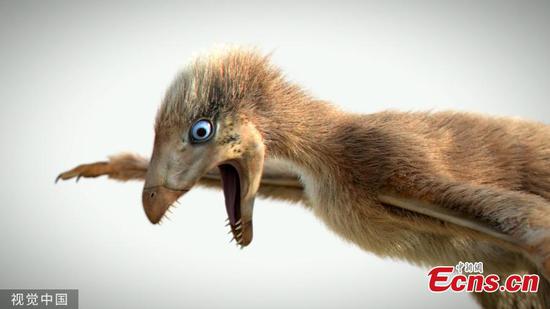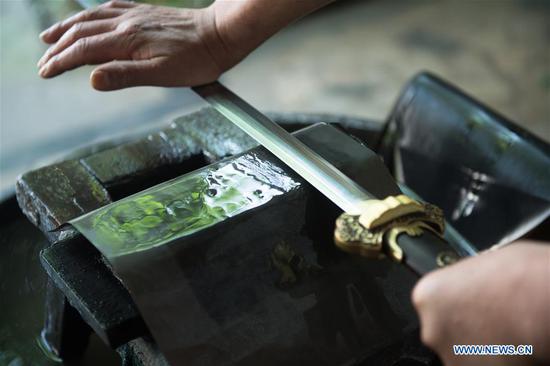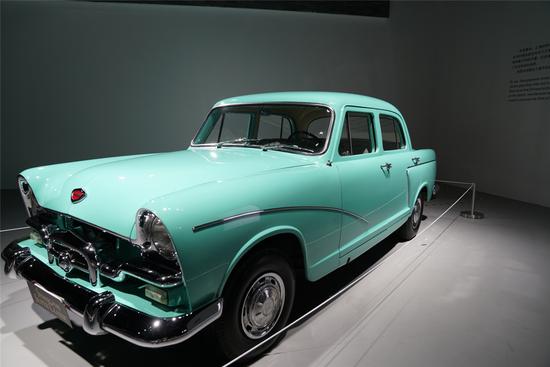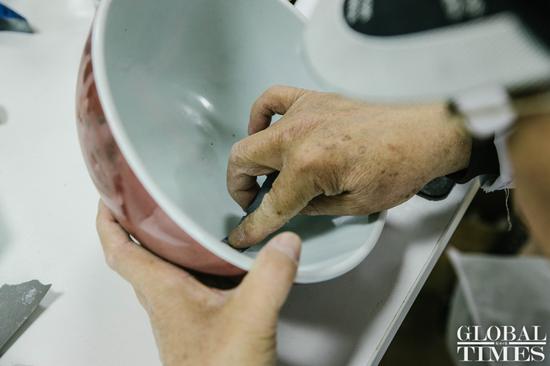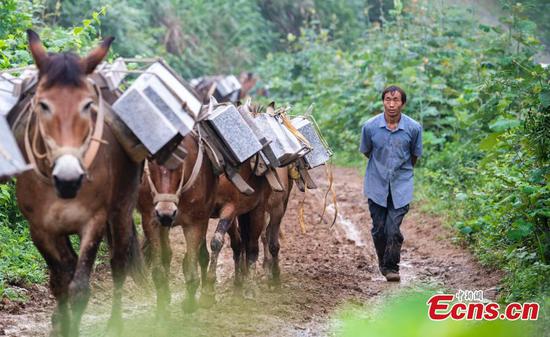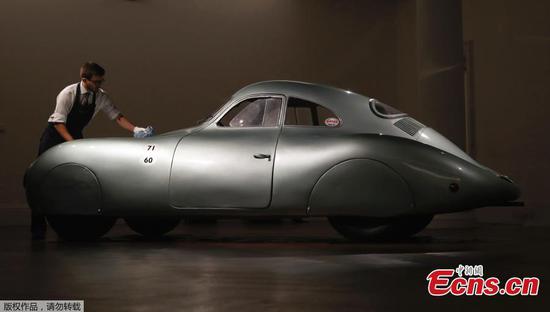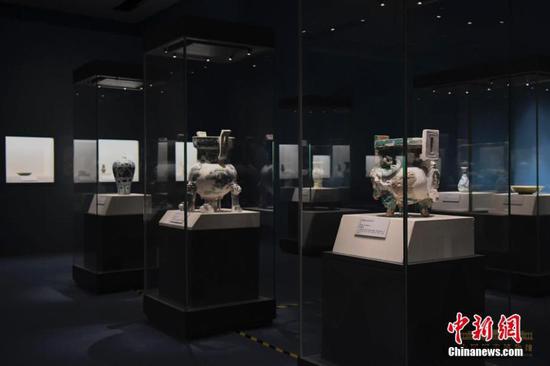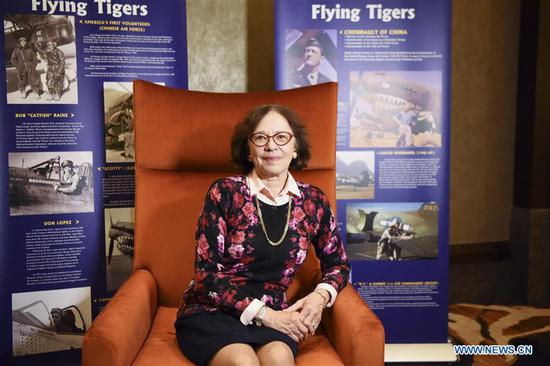
Cynthia Chennault, daughter of late U.S. General Claire Lee Chennault, poses for a picture in front of Flying Tigers posters during the 4th Sino-American Second World War Friendship and Flying Tiger History Conference in Las Vegas, the United States, May 11, 2019. Over the past decades, Cynthia Chennault traveled frequently between the United States and China, dedicated to cultural and people-to-people exchanges, an effort she deemed vital for the friendship long forged by the two nations. (Xinhua/Han Fang)
Over the past decades, Cynthia Chennault traveled frequently between the United States and China, dedicated to cultural and people-to-people exchanges, an effort she deemed vital for the friendship long forged by the two nations.
The 69-year-old emerita professor with the University of Florida has established her reputation in research on Chinese lyrical poetry, society, and history roughly from the 4th through the 7th century, a domain seldom chosen by U.S.-raised scholars.
Chennault has been invited to symposiums in China due to her expertise in the East Asian country. In the meantime, she invited Chinese scholars to her university for communications, and was committed to opening the door for U.S. youngsters to discover China.
"My larger contribution to U.S.-China friendship, I think, is the students I train, because I taught them about Chinese tradition," said Chennault in a recent interview with Xinhua. Many students of hers "fell in love with China" or even decided to settle there, charmed by Chinese opportunities, she said.
Chennault was delighted to see the two peoples are developing more interest in each other especially over the past four decades.
As the daughter of the legendary late U.S. General Claire Lee Chennault who headed the wartime Flying Tigers pilots to fight against Japanese invaders in China during World War II (WWII), she was, in some sense, destined for the mission to bridge the two cultures.
Her mother, Anna Chen Chennault, a China-born American, was also active in facilitating friendship and cooperation between the United States and China before passing away in 2018. Chen was called a "folk ambassador" between the two countries.
The expert in Chinese culture, who attributed her career choice largely to her father, said she expects a new chapter could be written based on the Sino-American WWII friendship.
In 1941, General Chennault, commander of the U.S. 14th Air Fleet, recruited the American Volunteer Group, which was later known as the "Flying Tigers."
During WWII, the U.S. general trained, organized and inspired both American and Chinese pilots to overcome language and cultural barriers. The "Flying Tigers" helped transport arms and other materials to support China's fight against the Japanese invaders.
Calling the "Flying Tigers" history "a great success story of mutual friendship, respect and collaboration," Chennault said the experience means more to her father.
"It completely changed his life," she said. "He had never been to China before, and within a very short few months, he developed profound respect for Chinese people, and their bravery and perseverance in such difficult circumstances."
"It was an opportunity for him to prove his aviation theory and his fighter pilot theory. So it's a dream come true for him too," she said.
When her father died in 1958, Chennault was only eight years old. In the daughter's eyes, General Chennault was a kind and indulgent father who seldom told his wartime experience.
For her, attending activities commemorating "Flying Tigers," most of them in China, was also a way to explore more about her father. She has been to some places where the father was well remembered.
"When talking to people on streets, some had memories of that time and said my family helped to build the runway," Chennault told Xinhua while recounting her first trip to the Chinese mainland in 1981.
She was even surprised that there were many more "Flying Tigers"-themed museums set for the last years, which she thought was "very positive" as the joint efforts have been widely recognized and remembered.
Chennault said she is proud that "it continues to be a symbol of Chinese-American friendship," and feels confident that the friendship will continue because of such better understanding among people.









